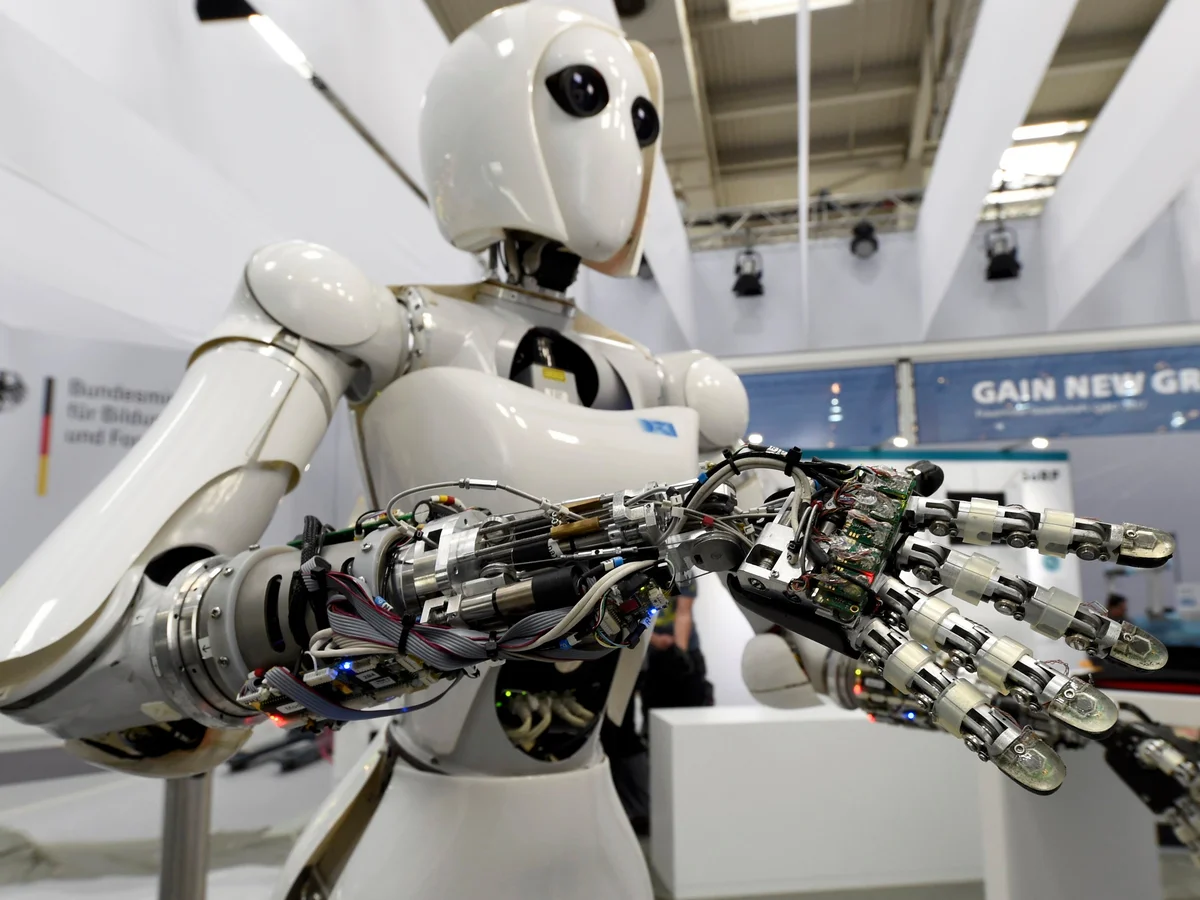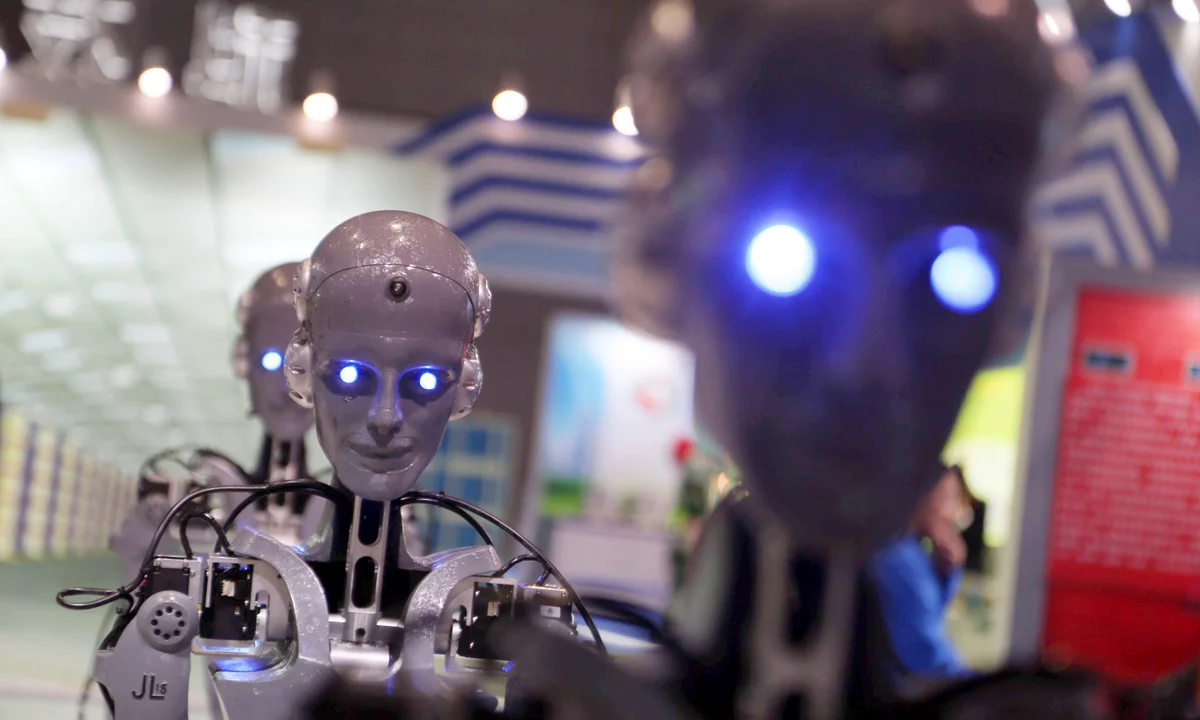Earlier this month, a popular lifestyle magazine launched “Reem,” an AI-generated persona created to recommend products on social media. Dubbed an “AI enhanced team member,” Reem was meant to engage the magazine’s followers.
The introduction, however, was met with strong backlash, leading to a prompt apology from the magazine. This incident reflects a wider trend of public disapproval towards AI initiatives that replace human jobs.
This incident is part of a pattern where companies excitedly announce AI projects only to retract them after public outcry. Examples include the Prince Charles Cinema in London canceling an AI-written film screening, Lego removing AI-generated images, and Doctor Who halting its generative AI experiments.
These examples highlight a disconnect between companies’ enthusiasm for AI and their customers’ growing skepticism and resistance.
The backlash against AI stems from several concerns, primarily its impact on employment. AI systems often replace human jobs, raising ethical questions about the exploitation of human labor used to train these systems.

Additionally, AI has been criticized for issues such as the sexualization of women, the creation of deepfakes, and environmental impacts. These issues have led to significant public unease, exemplified by the strong sentiments expressed by influential figures like Hayao Miyazaki.
Some anti-AI activists have embraced the term “luddites,” traditionally an insult in tech circles. However, this new movement seeks dialogue and compromise rather than outright rebellion. They aim for a more equitable approach to AI adoption, leveraging social media and modern communication tools to organize and amplify their voices, potentially achieving greater success than their 19th-century counterparts.
The widespread anger towards AI companies has also resulted in unexpected alliances. For instance, the Recording Industry Association of America’s lawsuit against AI music-generation companies garnered support from musicians and fans alike, showcasing a unifying opposition to AI’s unchecked advancements. This growing coalition underscores the broader apprehension towards AI technologies and their impact on creative industries.
While proponents of AI tout its potential benefits and revolutionary impact, the backlash underscores the need to address current harms before embracing speculative future gains. Companies like Nintendo and platforms like Stack Overflow have taken firm stances against generative AI due to these concerns. Public sentiment favors regulation and a cautious approach to AI development, emphasizing the importance of listening to the growing demand for ethical and controlled AI advancements.







Leave a Reply